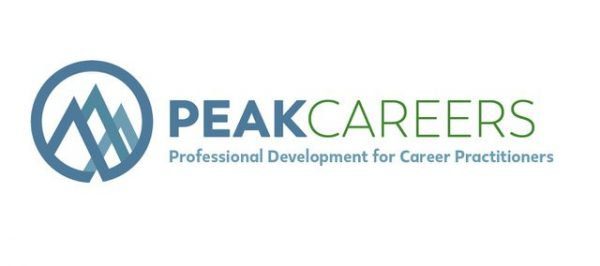Did you ever have a student not follow through with the plan you worked on with them? I know I have many times.

Ever wonder why? Transition Theory may offer some insight and help guide you to the “next steps” with this person.
Many EVENTS in people’s lives are obvious, (freshmen year for a first-generation college student or a senior year), but the IMPACT of that event on the person is the TRANSITION. How people deal with transition or do not deal with it, can be blocking them from making good decisions.
Schlossberg’s Transition Theory breaks down the transition into four parts BEFORE you make an action plan. (too often we go to “solution” first).
1. One question you want to know is “are they overwhelmed by the situation?” A first-generation college student coming from a family that has never had a high school graduate before, let alone a college student, can be facing many feelings and decision conflicts. If I discover they really are overwhelmed with some life transitions, it might guide me on what to do next or what I can expect.
2. The other filter is “are they an optimist or a pessimist?” If they are typically more pessimistic, is this blocking some of our work together? Have they made other decisions in the past that have been successful? Are they able to deal with the stress of managing multiple responsibilities? All of these thoughts go through my mind as I try to determine this person’s view of themselves.
3. What kind of support do they have? If they live on campus and have roommates, do they have a place they can work in the room? if not, where can they go? Do their roommates support study time or destroy it? If they live at home (with either parents or wife/children), do they have support to juggle school and home? Are they willing to ask for help if they need it?
4. Finally, I want to know if they actually know HOW to make good decisions? How to develop and follow through on an action plan?
So now what do I do?
In some extreme cases, I may need to make a referral.
If you are a counselor, you may want to follow up on some issues.
Most of the time, I simply modify my discussion to note “if you are having trouble studying or working on your resume or informational interviews at home, you may want to think about going to the library.” or “Do you think it would help break your plan into smaller pieces?”
But understanding a student’s situation a little better or the students’ ability to manage the transition, gives me insight on how to proceed.
—————————————–
If you are interested in this topic, you may want to check out an article published in The Mentor on July 8, 2009, by Penn State’s Division of Undergraduate Studies called Advising Adult Students: Connecting Schlossberg’s Transition Theory to the Appreciative Advising Model.
Peak-Careers offers an online seminar titled Transition Theory in Career Advising.
Jim Peacock is the Principal at Peak-Careers Consulting and writes a weekly email for career practitioners. Peak-Careers offers discussion-based online seminars for career practitioners focused on meeting continuing education needs for CCSP, GCDF and BCC certified professionals as well as workshops for career practitioners and individual career coaching.
He is the author of A Field Guide for Career Practitioners: Helping Your Clients Create Their Next Move and The Adventure of Finding Me in New Zealand. He is also the recipient of the 2020 Kenneth C. Hoyt Award from the National Career Development Association and the Mid-Atlantic Career Counseling Association’s Professional Contribution’s Award in 2020.
Sign up here to receive my TOP 10 TIPS WHEN WORKING WITH AN UNDECIDED PERSON. You will also receive the career practitioner’s weekly email on a variety of career topics, industry news, interesting events, and more.




Leave a Reply